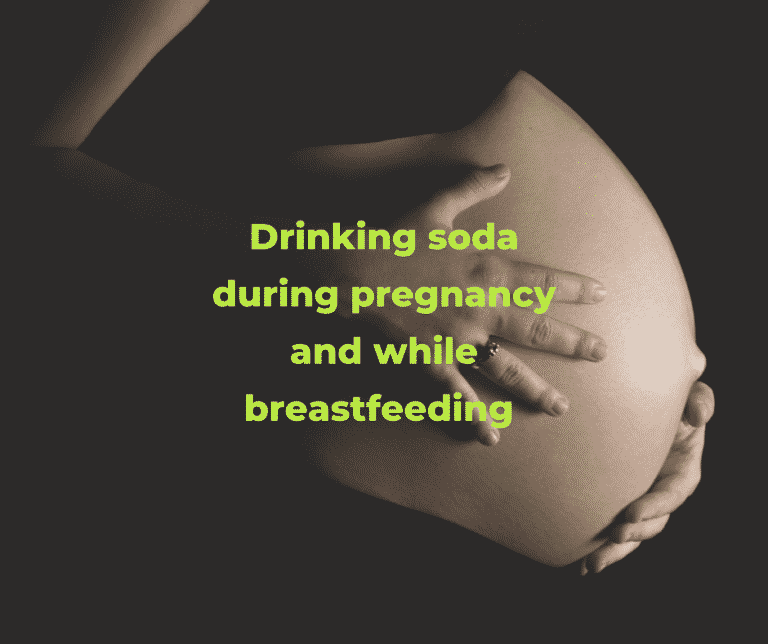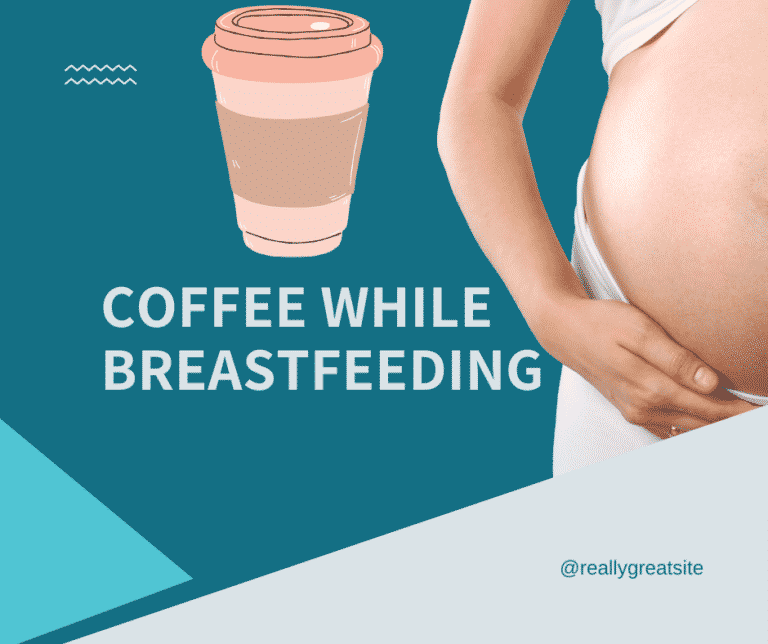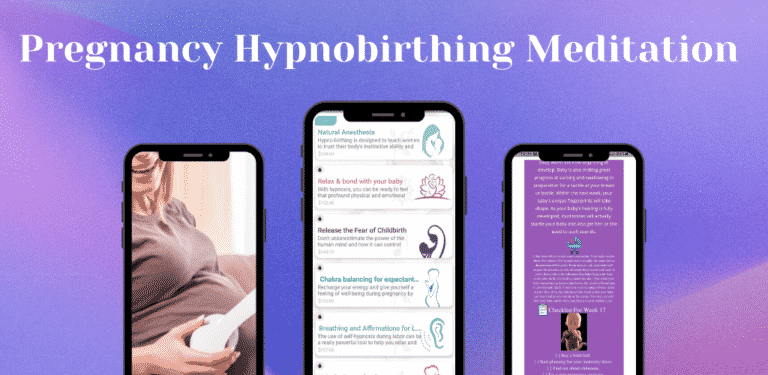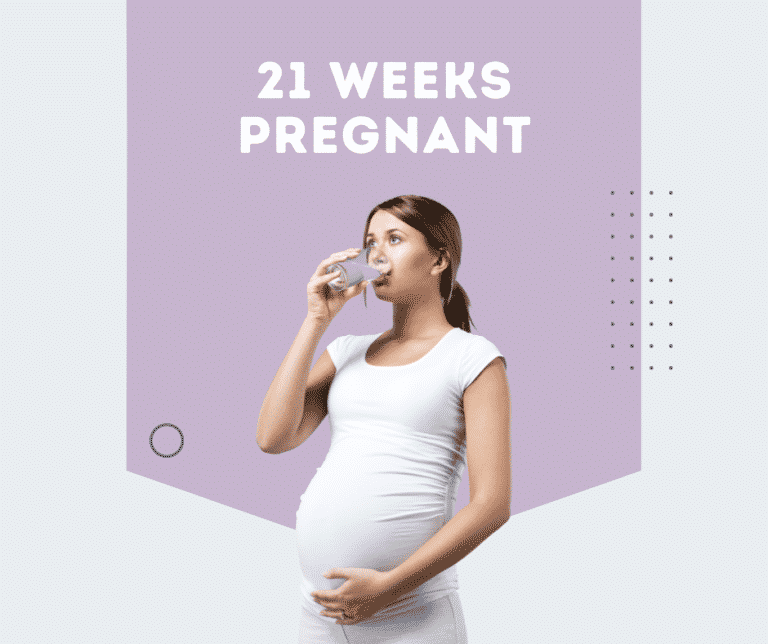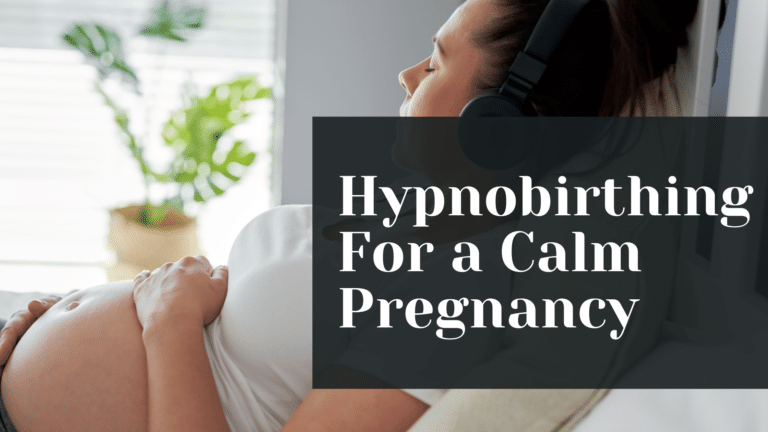Can you drink coffee while pregnant? How much caffeine can you have?
Published on April 29, 2022 – Last Updated on April 29, 2022
Are you pregnant and wondering if you can have coffee? Are you drinking too much caffeine and worried about the health of your unborn child? You’re not alone. Pregnant women everywhere are constantly asking themselves these same questions. In this blog post, we will look at the latest research on coffee and pregnancy and help you find the answer to these questions. So, read on to learn more!
Can pregnant women drink coffee?
Are pregnant women able to get coffee? It would be best to be careful about drinking coffee throughout the pregnancy, especially during pregnancy. However, it is unclear why caffeine is harmful to you or your baby. Usually, it is recommended that pregnant women limit caffeine intake to at least 200 mg/day. This is about two cups of coffee.
The good news is that there are some studies showing that drinking a cup of coffee per day does not increase the risk of miscarriage or early birth. However, it’s best to play it safe and avoid caffeine as much as possible during pregnancy. This may mean limiting yourself to one or no more than one cup of coffee per day.
It is essential to realize that not all pregnant women are affected by caffeine in the same way. Some women may be able to drink a cup of coffee and experience no problems, while others can only have half a cup before they start feeling jittery or nauseous. As always, it’s best to speak with your doctor about your individual situation and to get their recommendations.
Read more: can pregnant women drink coffee.
Effects of caffeine during pregnancy
Caffeine enters the amniotic fluid and your newborn’s bloodstream through the placenta when drinking coffee. When you work to remove caffeine from your body, the brain still develops to process the caffeine quickly. You will also have babies exposed to caffeine much more often. If you’re pregnant, caffeine can cause a lot of discomforts. This stimulant increases your heartbeat, causing increased blood pressure. It can be very uncomfortable to use. Caffeine may aggravate pregnant issues such as stomach bloating and frequent urinating.
This can lead to dehydration and other health issues. Caffeine during pregnancy can also cause your baby’s heart rate to increase, which can be dangerous when you’re losing weight, so be very careful about drinking coffee. There is a lot of debate about the effects of caffeine on expectant women and their babies. Some studies suggest that consuming a moderate amount of caffeine is safe and even beneficial. However, other studies indicate that it can result in miscarriage or low birth weight.
So, if you are pregnant or plan to get pregnant soon, it’s best to avoid caffeine as much as possible. Instead, drink lots of water and eat a healthy diet full of fresh fruits and vegetables.
How does caffeine affect you and your baby during pregnancy?
Women often wonder how their caffeine consumption might affect their unborn children during pregnancy. Although research on the subject is somewhat conflicting, there is evidence to suggest that excessive caffeine intake during pregnancy can be harmful to both mom and baby. For example, studies have found that high caffeine consumption can increase a woman’s risk of having a miscarriage or premature delivery and affect her child’s development.
Caffeine is a stimulant, and when consumed in large amounts, it can cause jitters, anxiety, and even panic attacks. It can also disrupt sleep patterns and lead to dehydration. In pregnant women, caffeine can also increase the risk of developing gestational diabetes. Caffeine consumption during pregnancy has also been linked to lower birth weight and a higher risk of childhood obesity.
What foods and drinks contain caffeine?
Caffeine is a naturally occurring stimulant that is found in a variety of foods and drinks. Coffee, tea, and chocolate are all familiar sources of caffeine. However, caffeine can also be found in more unexpected places, such as in energy drinks, soda, and even some over-the-counter medications.
While caffeine is often consumed for its ability to improve alertness and focus, it can also have side effects such as anxiety and jitters. Therefore, it is essential to be aware of the caffeine content of the foods and drinks you consume. When consumed in moderation, caffeine can be a harmless way to boost energy levels. But when consumed in excess, it can have negative consequences. Therefore, it is important to be mindful of your caffeine intake.
Some tips for reducing or avoiding caffeine during pregnancy include drinking plenty of water, eating a healthy and balanced diet, avoiding excess sugar and processed foods, getting enough sleep, and consulting with your doctor before making any significant changes to your diet. In addition, it is important to exercise caution when consuming caffeinated drinks like coffee in public places; these drinks can often be hotter than expected and can cause scalding injuries.
When it comes to caffeine and pregnancy, moderation is key. Consuming small amounts of caffeine is generally safe for both mom and baby, but excessive caffeine intake can be harmful.
Caffeine Pregnancy
There is no doubt that caffeine is a controversial topic, especially when it comes to pregnancy. On the one hand, moderate caffeine consumption is safe for both mother and child. In fact, some studies have even suggested that average caffeine intake during pregnancy may actually improve child health.
On the other hand, high levels of caffeine can pose a severe risk to both mother and child. Therefore, pregnant women need to moderate their caffeine intake. While a cup of coffee or tea may not seem like a big deal, the cumulative effect of moderate consumption can add up quickly.
Maternal Caffeine Consumption
As any mother knows, pregnancy can be a stressful time. Between frequent doctor visits, rising energy demands, and the endless to-do list that never seems to get any shorter, it can be hard to find the time and energy to care for yourself. This is why many women turn to caffeine as a source of energy and focus. However, recent studies have shown that consuming caffeine while pregnant can have serious health consequences for both you and your baby.
One of the main issues with pregnancy caffeine is that it crosses into the placenta, impacting fetal development by constricting blood vessels and restricting the flow of nutrients and oxygen to the baby. Additionally, some research has shown that high levels of pregnancy caffeine intake may increase the risk of miscarriage or premature birth, leading to significant health complications for both mother and child.
Expectant women must restrict their caffeine intake in all forms, especially in the morning with their first cup of coffee or tea. While caffeine is an effective way to boost energy in small doses, these benefits are far outweighed by the potential health risks for both mother and child.
Facts About Caffeine
If you’re like most people, you probably start your day with a cup of coffee. But what do you really know about caffeine, the world’s most popular stimulant? Here are some interesting facts that may surprise you.
Caffeine is found in a wide variety of plants, including coffee beans, tea leaves, and cocoa beans. It is also added to many common products, such as soft drinks, energy drinks, and even some over-the-counter medications.
While it is best known for its ability to keep people awake and alert, caffeine also has some other interesting effects. For example, it can improve mental and physical performance, increase metabolism, and even help to relieve pain.
Of course, too much caffeine can also lead to side effects such as jitters, anxiety, and insomnia. So it’s important to moderate your intake if you want to enjoy the benefits without any negative consequences.
Whether you love it or hate it, there’s no denying that caffeine is a powerful substance with a long history of use. However, understanding how it works can help you maximize its benefits and avoid potential problems.
Energy Drinks During Pregnancy
Most pregnant ladies are careful about what they eat and drink, but one type of beverage is often overlooked: energy drinks. While a cup of coffee or tea may be perfectly safe, energy drinks should be avoided during pregnancy. Here’s why:
This kind of drink contains high levels of caffeine, which can cross the placenta and increase the risk of miscarriage. They also contain other stimulants like guarana and taurine, which can cause jitteriness and anxiety. In addition, power drinks are often high in sugar, leading to weight gain and other health problems.
So if you’re pregnant, it’s best to steer clear of energy drinks. Choose water or decaffeinated beverages instead, and get your energy from healthy foods like fruits and vegetables.
Is Caffeine Safe During Breastfeeding?
There is no simple answer to the question of whether or not caffeine is safe during breastfeeding. On the one hand, caffeine is a stimulant that can increase heart rate and blood pressure, leading to insomnia and anxiety. Therefore, it is possible that caffeine could have adverse effects on a nursing infant.
On the other hand, coffee and tea are among the most commonly consumed beverages in the world, and many women breastfeed without any problems. In addition, moderate amounts of caffeine are unlikely to cause harm to either the mother or the child. As a result, the decision of whether or not to consume caffeine while breastfeeding is ultimately a personal one.
Are you breastfeeding? Find out more about coffee while breastfeeding in our article.
Conclusion
So, what’s the verdict? Can expectant women drink coffee or not? The answer is, it depends. While there are certain risks associated with caffeine consumption during pregnancy, if you enjoy a cup of coffee from time to time and it doesn’t affect your sleep or overall wellbeing, then moderate amounts are likely okay.
Just be sure to keep track of how much caffeine you’re consuming daily and try to avoid mega-doses. If you have any concerns, speak with your doctor about your specific situation. As for breastfeeding mothers, small doses of caffeine (less than 200 mg per day) are typically considered safe – just keep an eye on your baby for signs of distress after drinking caffeinated
How much coffee is too much during pregnancy?
In general, you should probably limit your intake to 200 mg per day. This is the recommendation from most doctors and healthcare professionals. But moms-to-be need to be careful because the amount of caffeine that can lead to problems varies by individual.
How much caffeine is safe during pregnancy?
While the recommended amount may be 200 – mg per day, some experts believe consuming coffee during pregnancy may cause significant side effects. The previous study linked high caffeine consumption with the birth of infants who were ill with pregnancy or who had been deprived of adequate nutrition. The results showed that women consuming less than 100 g daily of caffeine during pregnancy had smaller babies compared to noncaffeine drinkers.


